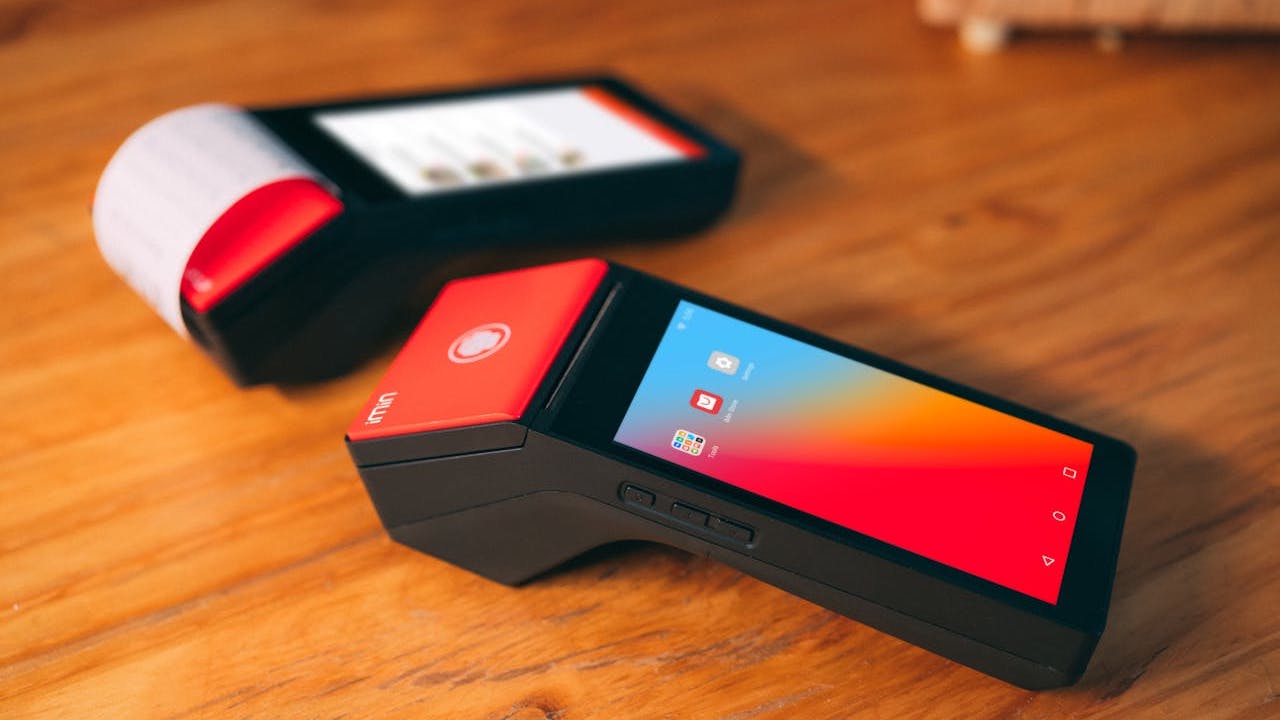Nov 12 (News On Japan) - If you are planning a trip to Japan, it is probably a good idea to take a look at some of the best cashless payment options.

Why? Well, Japan is a country where carrying cash is losing its popularity. In fact, there are certain places where you cannot pay with cash.
This means that you should either have a credit/debit card, eWallet, or another option to pay. Fortunately, since we live in a digital age, there are plenty of options allowing you to make contactless payments without carrying cash.
Plus, you cannot carry a lot of cash as a tourist, and you might not feel comfortable, which is why cashless payments are the best option. But are traditional credit/debit cards the best option or is there a better alternative?
So, Why is Japan Going Cashless?
Japan is probably the leading country that aims to go cashless, but why? Well, first of all, it is easier to track online or credit card transactions, and it is a more convenient process. Japan officials argue that by streamlining the payment process, they will boost consumer spending and reduce the unnecessary costs of handling cash.
We also have to say that the Tokyo 2020 Olympics and the COVID-19 pandemic accelerated this cashless movement, and now the country is going all in!
Cashless Payment Methods You Can Use in Japan
Let’s break down the main types of cashless payments available in Japan, from familiar credit cards to more Japan-specific options.
1. IC Cards (Transit Cards)
Japanese have come to a solution for cashless payments, especially for tourists who are not prepared for such a transition. These are rechargeable cards (IC cards) that can be used to conveniently pay for many things such as public transport, vending machines, and many other things.
We have cards like Suica and Pasmo, that will allow you to pay anywhere you like as long as we are talking about small transactions. After all, nobody would use IC card to buy a Rolex, right?
So, how can you get an IC card?
Well, this card can be purchased at most train stations for a ¥500 deposit. When it comes to topping up your balance, you can do that at a train station, convenience store, or through a smartphone app.
These cards are usually accepted everywhere, from public transport to convenience stores, vending machines, and more.
2. Digital Wallets (Apple Pay & Google Pay)
If you’re glued to your smartphone, digital wallets like Apple Pay and Google Pay are available in Japan. There are also companies like Genome that allow you to get a Google Pay virtual card, making it easy to pay for everything only by tapping your phone.
- How It Works: Add your credit/debit card information and open up a digital wallet.
- Limitations: You’ll need to specify the payment method at some stores, as not all shops are fluent in digital wallet usage, but this is changing.
Both options work smoothly in Japan, but you may need a Japanese credit card or a compatible IC card for full functionality.
3. QR Code Payment Apps (PayPay, Line Pay, Rakuten Pay)
QR code payment apps are popular with locals, and some of the major ones include PayPay, Line Pay, and Rakuten Pay.
- PayPay: One of the most widely used, PayPay lets you link a bank account or top up via ATMs. It’s accepted almost everywhere and frequently offers rewards. Note: A Japanese phone number is usually required for setup.
- Line Pay: Integrated into Japan’s favorite messaging app, Line, this option is popular for quick transactions among friends or at participating stores. It’s handy but requires a Line account, which most people in Japan have.
- Rakuten Pay: Tied to the massive e-commerce platform, Rakuten, this app allows you to earn Rakuten points with each purchase – great if you’re a frequent shopper.
These apps are convenient but require a Japanese phone number, which might be tricky for visitors. However, they offer excellent discounts and cashback offers, so they’re worth using if you’re staying long-term.
4. Credit and Debit Cards
Yes, Japan does accept credit and debit cards, but this method might still be less widespread than you’d expect in places like the U.S. or Europe.
- Where You Can Use Them: Major cities, department stores, and chain restaurants usually accept international credit cards. However, smaller shops, especially in rural areas, may still be cash-only.
- Visa, Mastercard, and JCB: Widely accepted in urban centers. American Express might be a little less common but can be used at major tourist spots.
As always, carry a bit of cash for backup, since some places might still be cash-preferred.
Common Questions About Cashless Payments in Japan
Q: Can I go completely cashless in Japan?
A: Not quite yet. While big cities and chain stores are well-equipped for cashless payments, Japan is still a cash-centric society, especially in smaller towns or for things like public transport in rural areas.
Q: Are there perks to using cashless payments in Japan?
A: Absolutely! Many mobile payment platforms offer perks like points, cashback, and even discounts. PayPay and Rakuten Pay, for example, often run promotional campaigns where users can earn rewards for frequent use.
Q: Is there a learning curve with cashless systems in Japan?
A: Honestly, not much! QR code payments might feel new, but they’re very straightforward. IC cards are about as easy as it gets—just tap and go!














